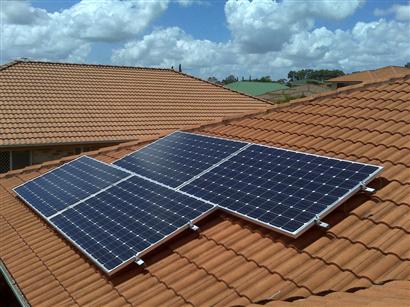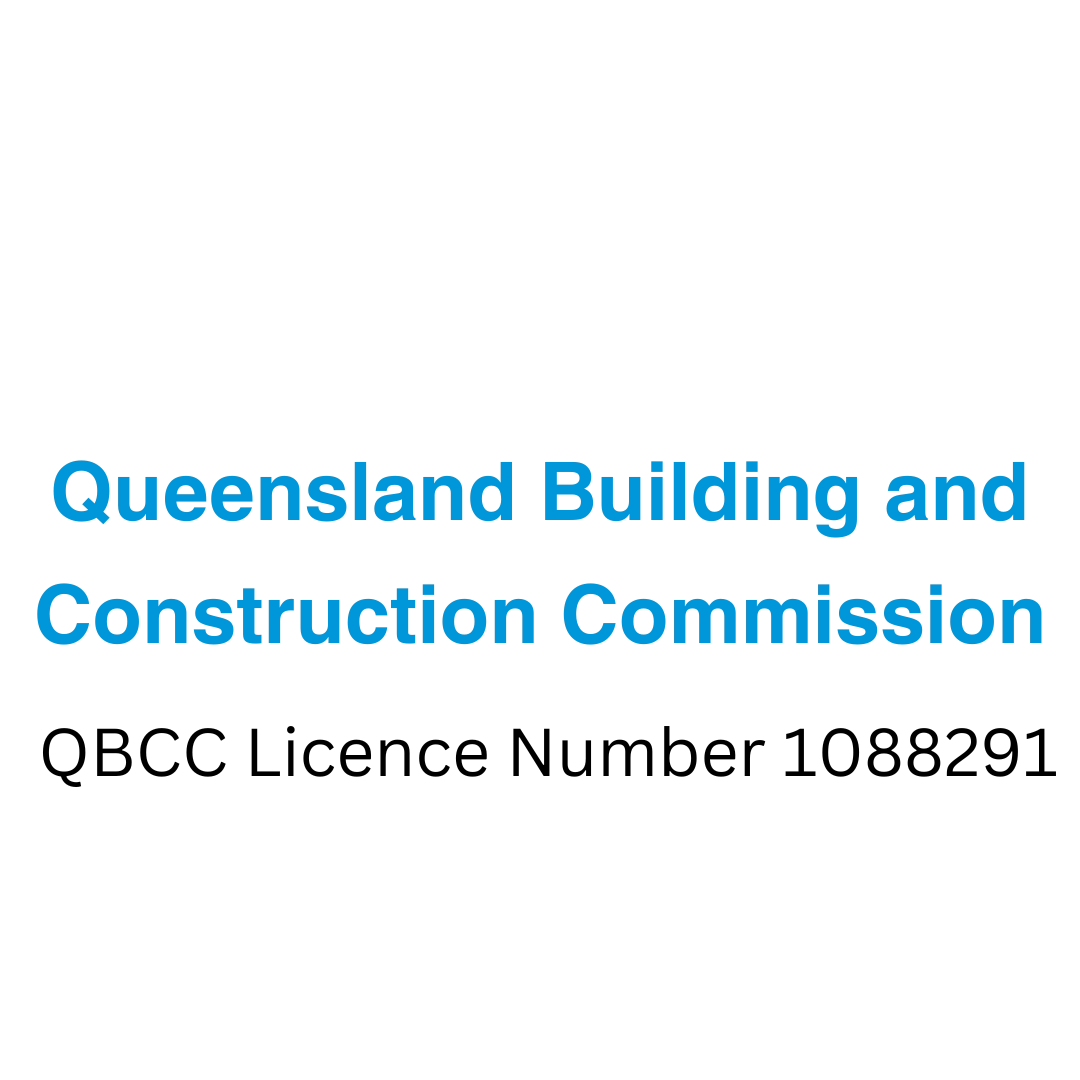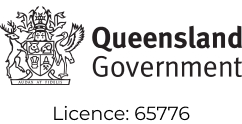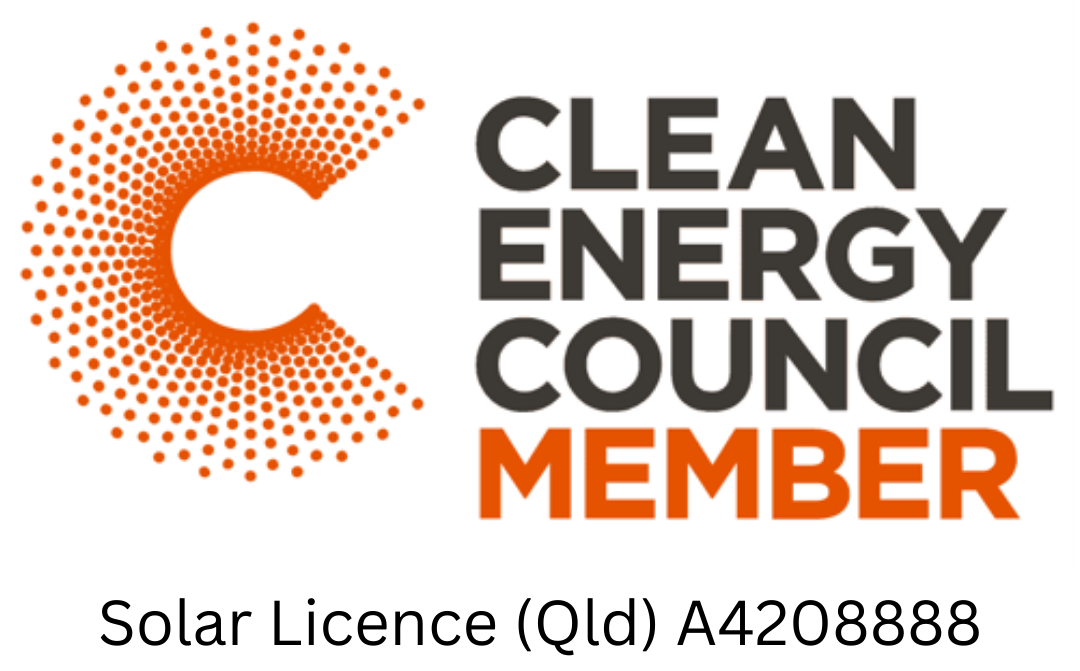18 September 2017
Weighing the Efficiency of Solar Panels: Should you go Solar?
There has certainly been a lot of buzz about solar panel efficiency and the importance of renewable energy resources in preserving the planet. As a matter of fact, more and more homeowners are paying for solar panels installation on their roofs, deciding to switch to sunlight-harnessing means of power generation.
Solar panels in Brisbane offer heaps of attractive benefits for homeowners willing to take the plunge. However, it’s probably not the best course of action to switch to solar PV systems without first evaluating whether it will truly be a welcome change in your home life or just add further complications to your daily affairs.
Why going full solar isn’t a 100% perfect solution
The benefits of using a solar PV system in your home have been discussed so many times already. Aside from saving you from a large electric bill, using solar energy is also a highly environment-friendly option. There are a lot of positives that could steer you towards deciding to go fully solar-powered, but there are a few negatives you should consider, too.
The biggest issue, perhaps, would be the effectiveness of such a system under less-than-ideal weather conditions. You can’t really expect solar systems to work at full efficiency during winter or rainy weather, or when the skies are cloudy. There’s also the issue of performance at night.
Additionally, you can’t automatically use the electricity that the system generates – it has to be converted from direct current (DC) electricity to alternating current (AC) electricity. That’s an extra step that necessitates additional equipment. Furthermore, while solar PV panels aren’t reliant on machinery to absorb energy, they’re rather easy to break. Those two factors mean extra costs, on top of what you’ll have to spend for the solar panels themselves.
Another concern would be the exact configuration of your solar panels. Both the angle and amount of sunshine that reaches your area are important in figuring out exactly where and how your solar panels should be installed. Partial shading also wreaks havoc on your solar PV system, reducing solar panel efficiency and causing the system to produce less power. Sure, those problems could be solved by calling an expert; however, these are still things you should take note of.
Before committing to a fully solar-dependent energy system, think about how well you could cope in case the system is unable to operate at full efficiency.
For more handy hints and discount alerts, subscribe to our newsletter now. Contact one of our experts by completing our solar installation booking form – we can help you decide if a fully solar-dependent configuration would be good for your house.
References:
Green, D. (19 December 2012). Advantages and disadvantages of Solar Photovoltaic – Quick Pros and Cons of Solar PV. Retrieved 24 April 2014 from http://www.renewableenergyworld.com/rea/blog/post/2012/12/advantages-and-disadvantages-of-solar-photovoltaic-quick-pros-and-cons-of-solar-pv
Photovoltaic Efficiency – Inherent and System Controlled (no date.) Retrieved 24 April 2014 from http://www.solar-facts.com/panels/panel-efficiency.php
Suggested articles
No articles found









